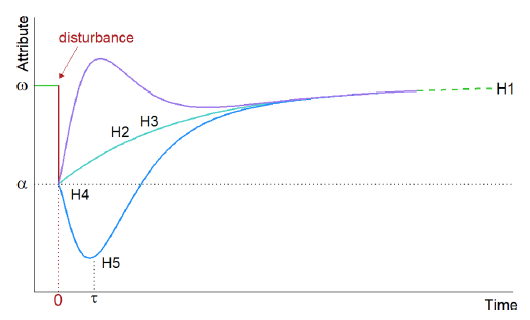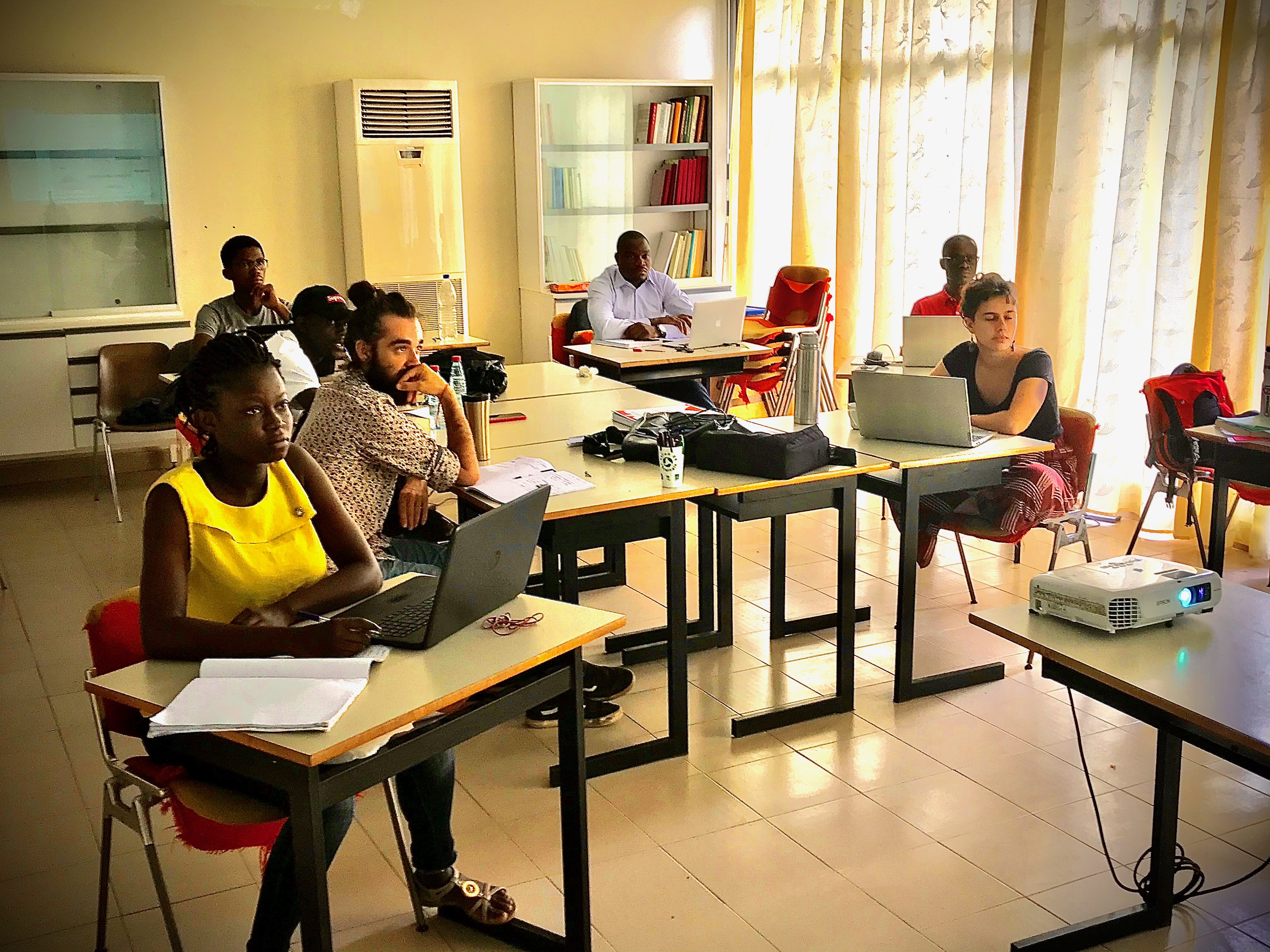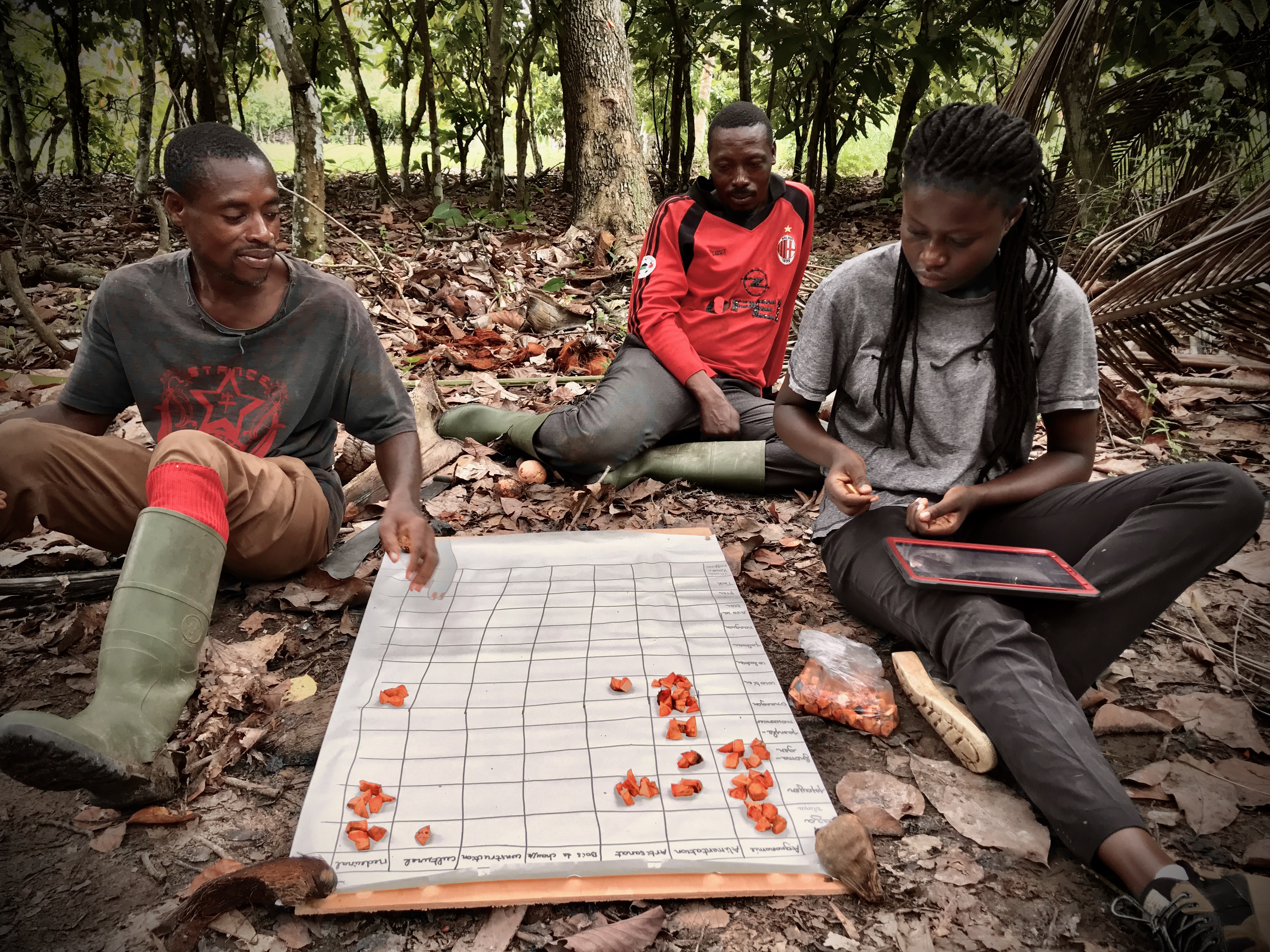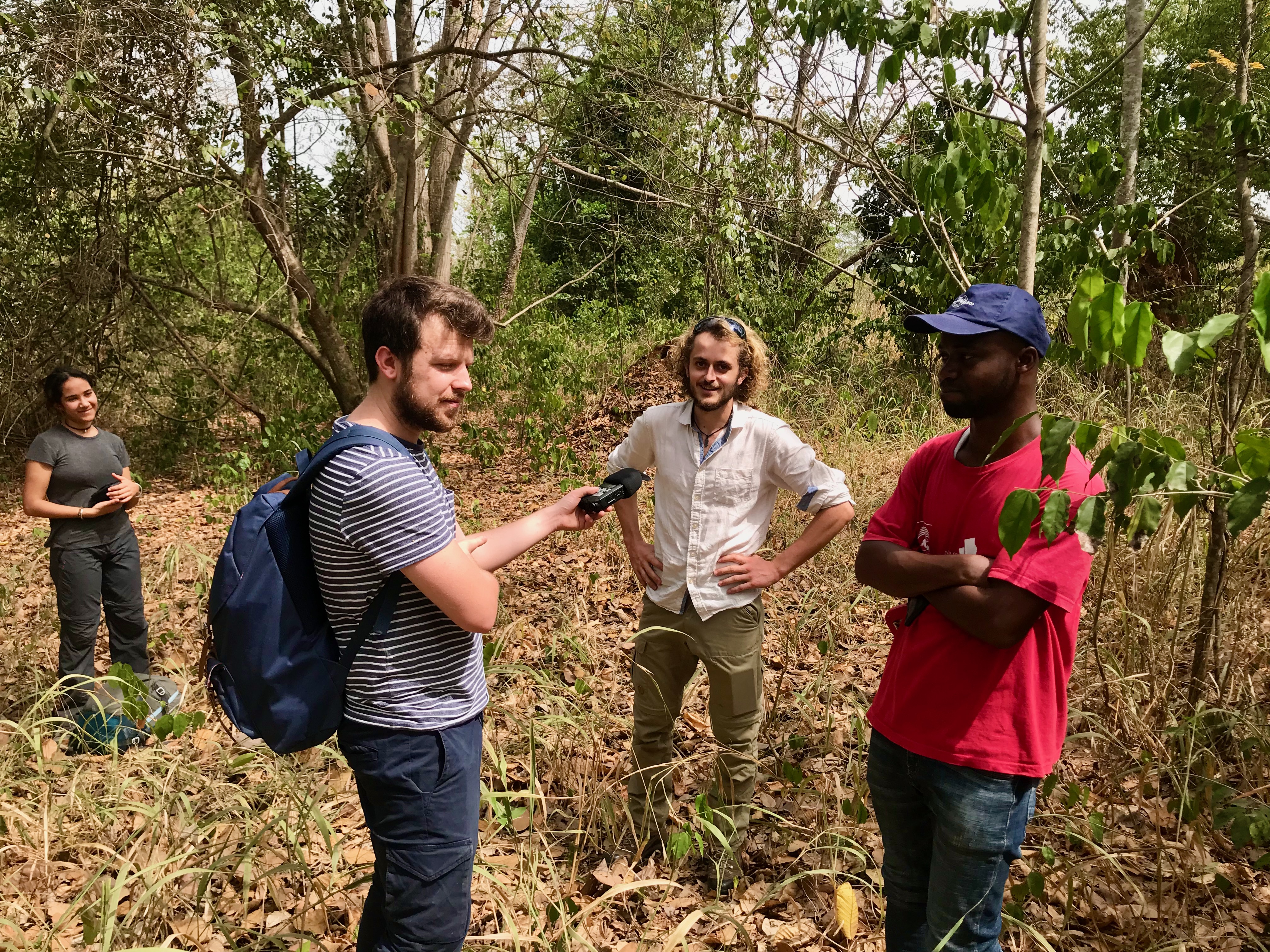Scientist with CIRAD, Forests & Societies unit
Research Interests
My research is deeply rooted in understanding the ecological dynamics within tropical and subtropical (post)-forested landscapes, with a focus on forest recovery and sustainable management. Equally important is recognizing the critical role of trees—whether in dense forests or standing isolated in agricultural areas—which are of paramount importance to human societies. In addition to providing essential resources and ecosystem services—such as carbon sequestration, water regulation, and biodiversity conservation—forests and trees offer profound cultural, spiritual, and recreational benefits that underpin mental health, social cohesion, and community identity.
Human activities—through land use, agriculture, and resource extraction—are constantly shaping and transforming these tree-rich systems, often with acute impacts in geographically depauperate areas. My work unravels these complex interconnections between people and forested landscapes, aiming to develop inclusive strategies that balance environmental conservation with the diverse needs of local communities. This includes ensuring that the cultural and spiritual values of trees and forests, alongside their tangible services, are acknowledged and preserved—particularly in regions most vulnerable to ecological degradation and social inequities.
Additionally, I actively welcome and mentor students and early-career researchers, especially from underrepresented or resource-limited regions, engaging them in collaborative projects that foster both academic growth and practical skills.
Forest Recovery, Succession, and Ecosystem Dynamics
|
A significant part of our research is dedicated to understanding forest recovery and succession following disturbances like logging, fires, and deforestation. We explore how these ecosystems regenerate, focusing on species interactions and environmental feedbacks. Our findings highlight the critical role of natural regeneration and species mixing in restoring forest ecosystems. Additionally, we examine the rates of carbon accumulation in secondary forests across various regions, providing essential insights into global carbon dynamics associated with forest recovery. These insights are crucial for informing forest management practices that aim to enhance biodiversity, carbon sequestration, and overall ecosystem resilience. Another key aspect of our work is the study of functional traits—the characteristics of species that influence their survival, growth, and reproduction. By analyzing these traits, we gain insights into how different species contribute to ecosystem functions and how they interact during the recovery process. Functional traits also play a crucial role in determining the resilience of ecosystems to future disturbances, making them an essential focus in our research on forest dynamics and conservation strategies. |
 |
Agroforestry and Sustainable Management of Post-Forest Ecosystems
|
|
Agroforestry systems, particularly in West Africa, are another key focus of our research. Agroforestry, which integrates trees into agricultural landscapes, represents a sustainable approach to improving both environmental health and agricultural productivity. Our studies explore how local farmers influence ecosystem service provision in cocoa agroforests, with an emphasis on the role of natural regeneration in maintaining timber resources. This research contributes to developing strategies that support both tree conservation and the livelihoods of local communities, highlighting the socio-economic and ecological benefits of agroforestry. Agroforestry is, by nature, a multidisciplinary field, and we are passionate about collaborating with other scientists—particularly those from the social sciences, political sciences, and economics—to develop holistic approaches to sustainable land management. By engaging deeply with farmers and land managers, we aim to co-create practices that are both ecologically sound and aligned with the deeper aspirations of the farmers themselves. This approach fosters a more intimate relationship with nature, where agricultural practices are not just environmentally sustainable but also deeply connected to the cultural and spiritual values of the people who depend on the land. |
Ecological Modeling and Bayesian Approaches
|
A cornerstone of our research is ecological modeling, which helps us understand and predict complex socio-ecosystem dynamics over time and across landscapes. We prioritize Bayesian modeling techniques due to their strengths in incorporating expert knowledge, their ability to integrate multiple data sources and updating predictions as new data become available. Bayesian approaches are also advantageous for managing uncertainties and providing probabilistic insights into ecological processes. We emphasize training students and researchers in these methods through hands-on learning experiences. By integrating Bayesian modeling into our PhD trainings and research projects, we ensure that emerging scientists gain practical skills in applying these techniques. Our commitment extends to offering workshops and courses that promote learning-by-doing, enabling students to develop expertise in Bayesian methods and ecological modeling. This approach not only advances scientific understanding but also empowers the next generation of researchers to tackle real-world ecological challenges effectively. |
 |
Global Collaborations and Empowering Scientists from the Global South
|
|
In the landscape of global scientific research, researchers from the Global South remain underrepresented, despite their invaluable insights and proximity to critical ecological systems. We recognize this disparity and are deeply committed to changing it. Our work is dedicated to fostering collaborations that bridge this gap, ensuring that voices from these regions are not just included but are central to the research process. We actively engage with and support young scientists from the Global South, creating opportunities for them to lead and contribute to meaningful ecological studies. This collaborative approach not only promotes inclusivity but also enhances our contributions to large-scale studies on forest carbon dynamics, biodiversity conservation, theoretical ecology, and the impacts of climate change. By integrating diverse perspectives and expertise, we are better equipped to address the complex ecological challenges facing our planet. Through mentorship, collaboration, and shared projects, we strive to build a more inclusive and equitable scientific community. |
Contact
Electronicbruno.herault (at) cirad.frPostalBat D Bur 104, Campus de Baillarguet, 34398 Montpellier Cedex 5 Voice+33 (0)6 86 07 94 69 |

